Sara's traces in Rojava: Free Kurdistan and free woman
Sakine Cansiz, Sara, left fond memories and marks in every life she touched, also in Rojava, where tens of thousands of women follow on her path today.
Sakine Cansiz, Sara, left fond memories and marks in every life she touched, also in Rojava, where tens of thousands of women follow on her path today.
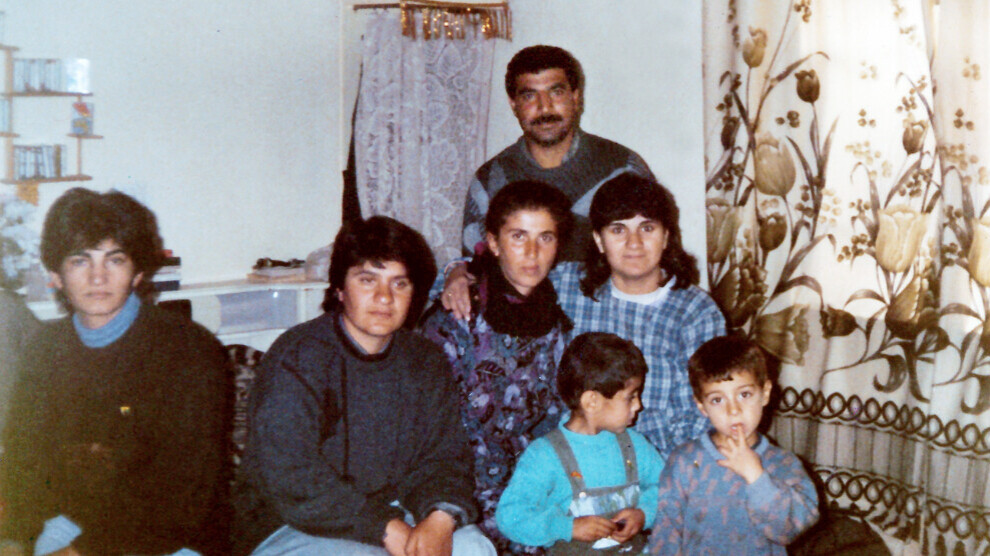
They leave indelible traces on the path they crossed, on the lives they touch. The revolutionaries left traces and someone always follows them...
Sakine Cansiz (Sara) was brutally killed in Paris on 9 January 2013 together with her two comrades Fidan Dogan and Leyla Saylemez.
Sara was a revolutionary who left her marks from the mountains of Dersim to the prison of Amed, from the mountains of Kurdistan and Rojava to Europe.
Sakine Cansiz followed the traces of the many Besê in the mountains of Dersim and left traces for the followers of freedom everywhere she passed. She left traces in Rojava Kurdistan, too. Traces that are followed by tens of thousands of women today.
Sara touched their life too
"All my life was a fight" Sara said, adding that "first encounters, first feelings are all very important." She left deep marks in every life she touched.
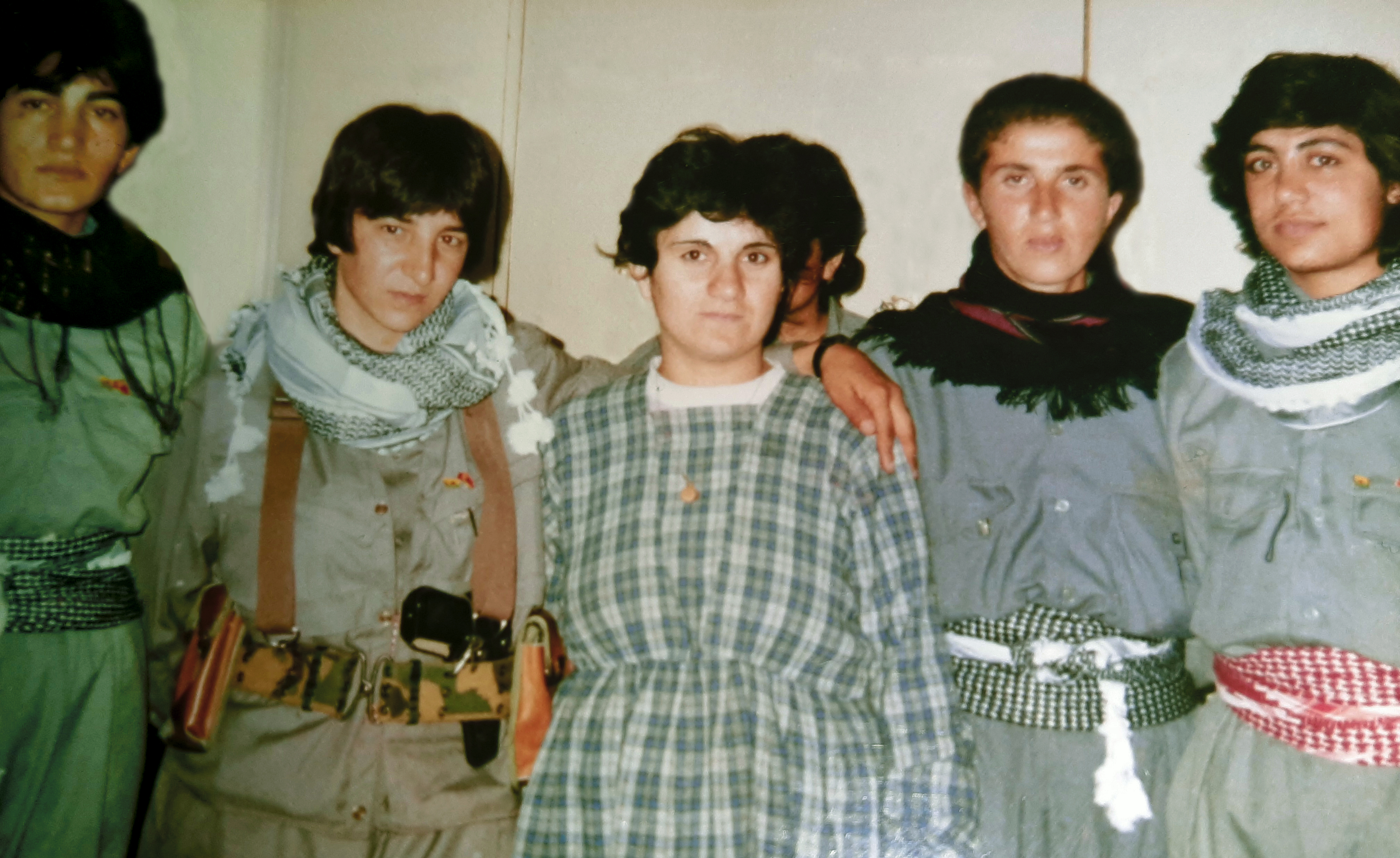
Behzat Mihemed Îsmaîl and Diya Ciwan (Sumeya Belto) in the village of Til Cemal in Dêrik, are some of the peoples touched by Sara's struggle and stance.
After her work in Rojava, Sara was the guest of Behzat Mihemed Îsmaîl and Diya Ciwan for 9 days and 9 nights in Dêrik. She was on her way to the mountains. It was 1992.
Diya Ciwan, who shared some photographs taken during these 9 days and 9 nights of her visit with ANF for the first time, says: "I saw the love of free Kurdistan and free women in her eyes".
Meeting with Sara for the first time
Uncle Behzat, the first to describe that visit, says that the guerrillas came to their home many times while on their way to the mountains.
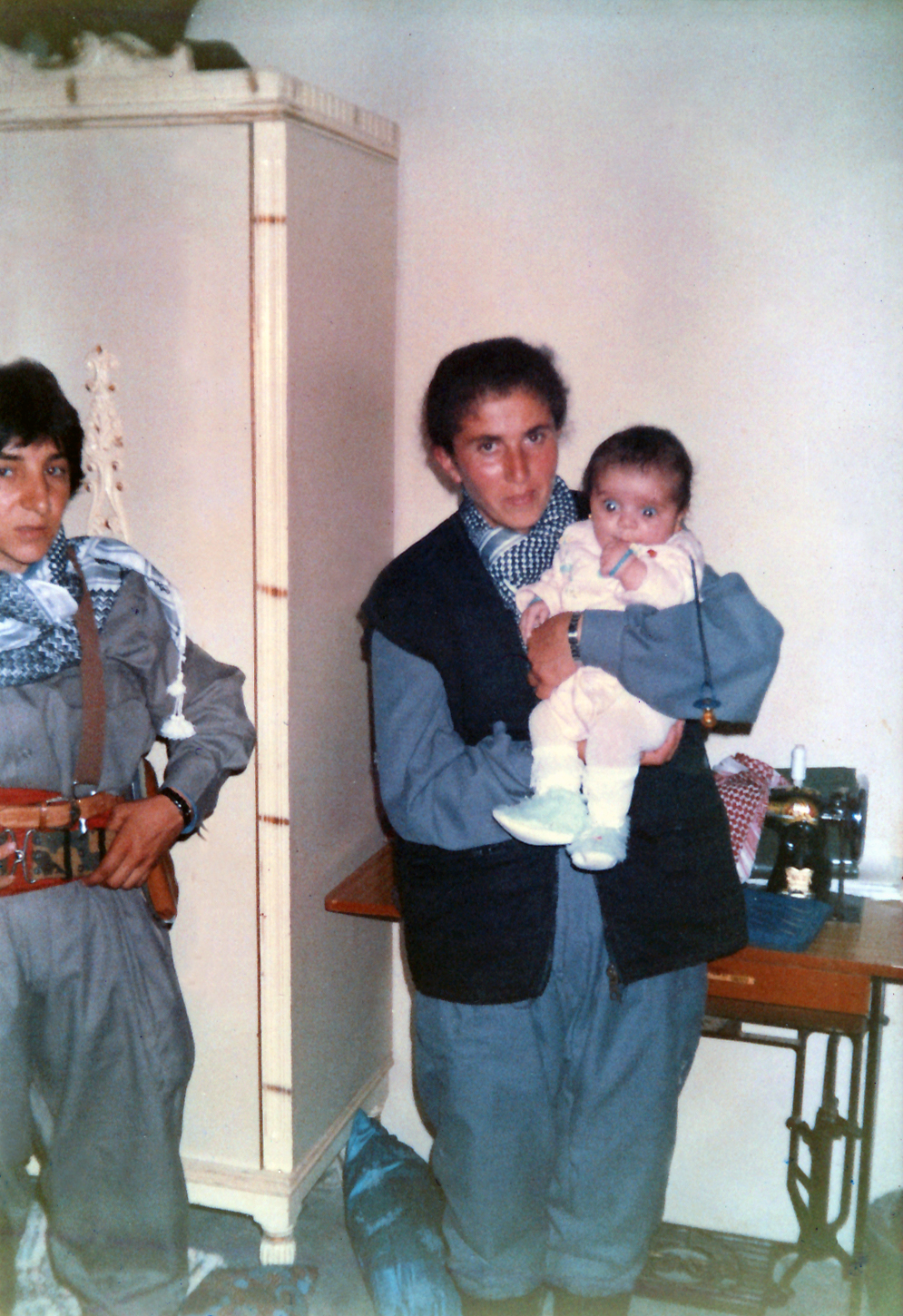
Uncle Behzat said that in 1992, after their education at Mahsun Korkmaz Academy, a large group of guerrillas heading towards the mountain came to their home. "A group of 70-80 people came. Among them was Heval Sara."
We knew heval Sara and her resistance in Amed prison
Uncle Behzat adds: "We already knew Heval Sara through her resistance in Amed prison.”
Uncle Behzat said that they could not communicate well due to the fact that Sara mainly knew Zazaki and Kurmanci. It was clear that she had serious health problems. But we understood that she was very attached to the Kurdish cause and ideology.”
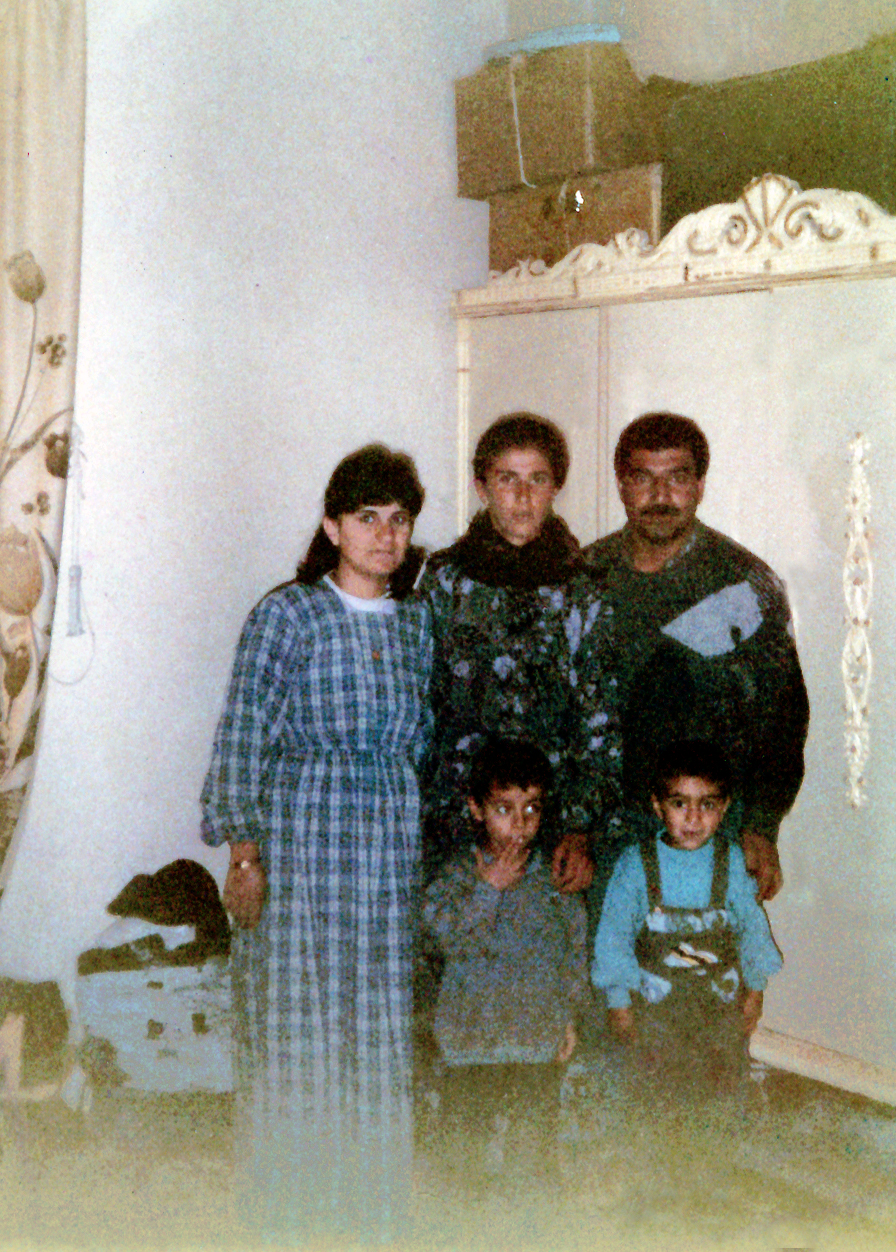
Uncle Behzat added: "She stayed with us for 9 days and 9 nights. We were very happy when the group arrived, and we were also very sad when they left. But we understood that their cause required this. When she was martyred in Paris, we felt an incredible pain. But we have never lost faith that his comrades and friends will continue his cause and lead him to victory to the end."
Diya Ciwan says, "I was very happy as a woman when I met Heval Sara in our house early one morning."

Diya Ciwan says that they understood each other despite the different dialect, and adds: "I had a little daughter, her name is Fidan. Heval Sara was constantly taking her in her arms and walking around the room with her. That picture of her is still in front of my eyes and I will never forget."
The most beautiful life is a free Kurdish life
Diya Ciwan also recalls a conversation she had with Sakine Cansiz: "One day I asked her 'you are so beautiful, why did you leave everything behind and choose this difficult life?' She said, ‘The best life is a free Kurdish life. We will not consider any life beautiful unless we are free. Beauty is only possible by living freely in our country, in our land, in our mountains.’”
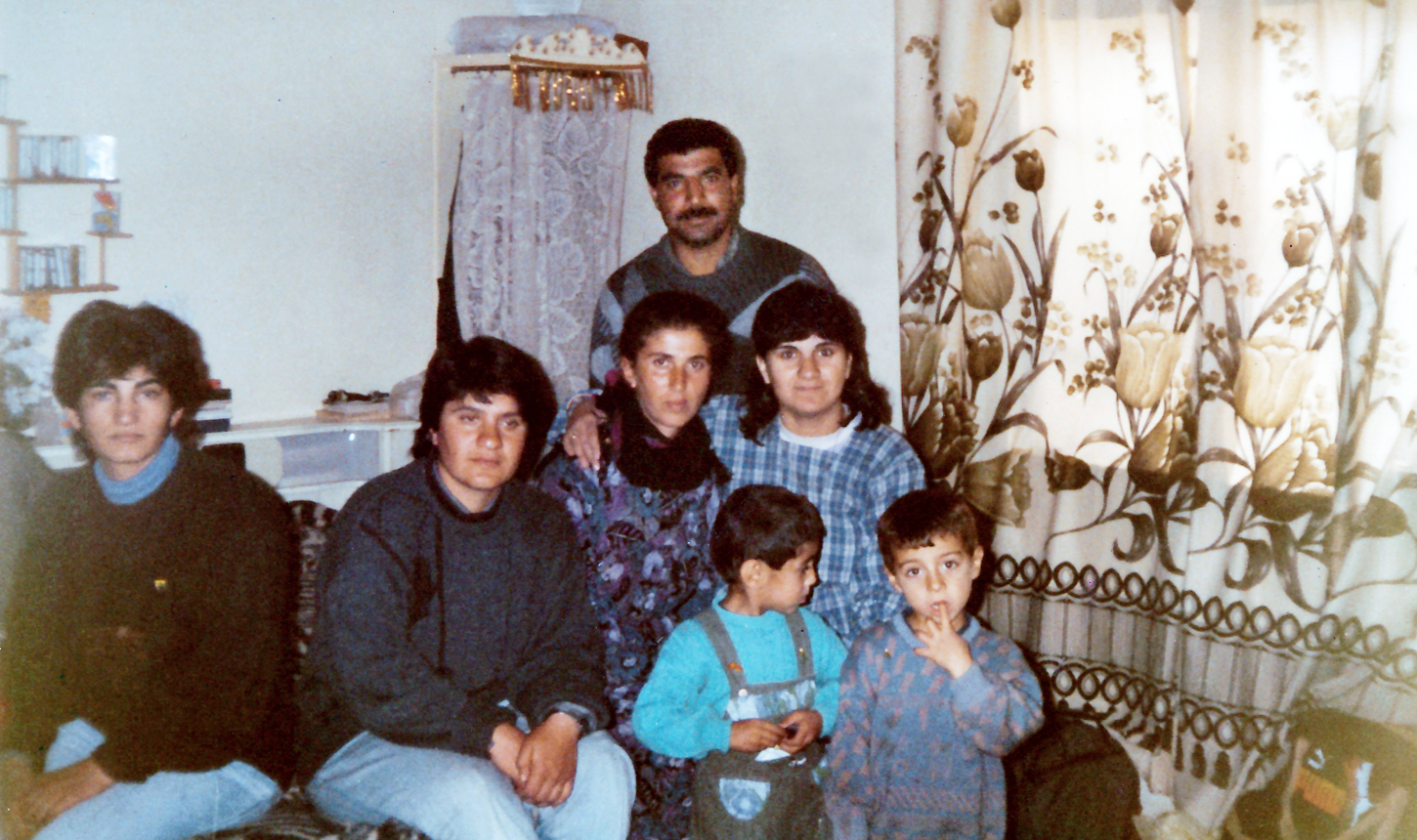
I saw the spirit of resistance in her eyes
Diya Ciwan says: "As a woman, I was very impressed by these words. I saw the spirit of resistance, free Kurdistan and free women's love in her eyes."
Ciwan adds: "I want to promise once again that we, as women, will follow Sara’s footsteps. If the enemy thinks it beaten Sara when she was martyred is wrong. There are tens of thousands of women currently walking in Sara's footsteps."